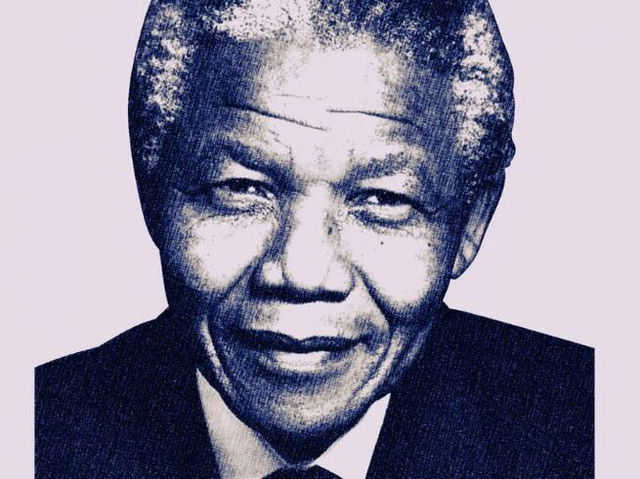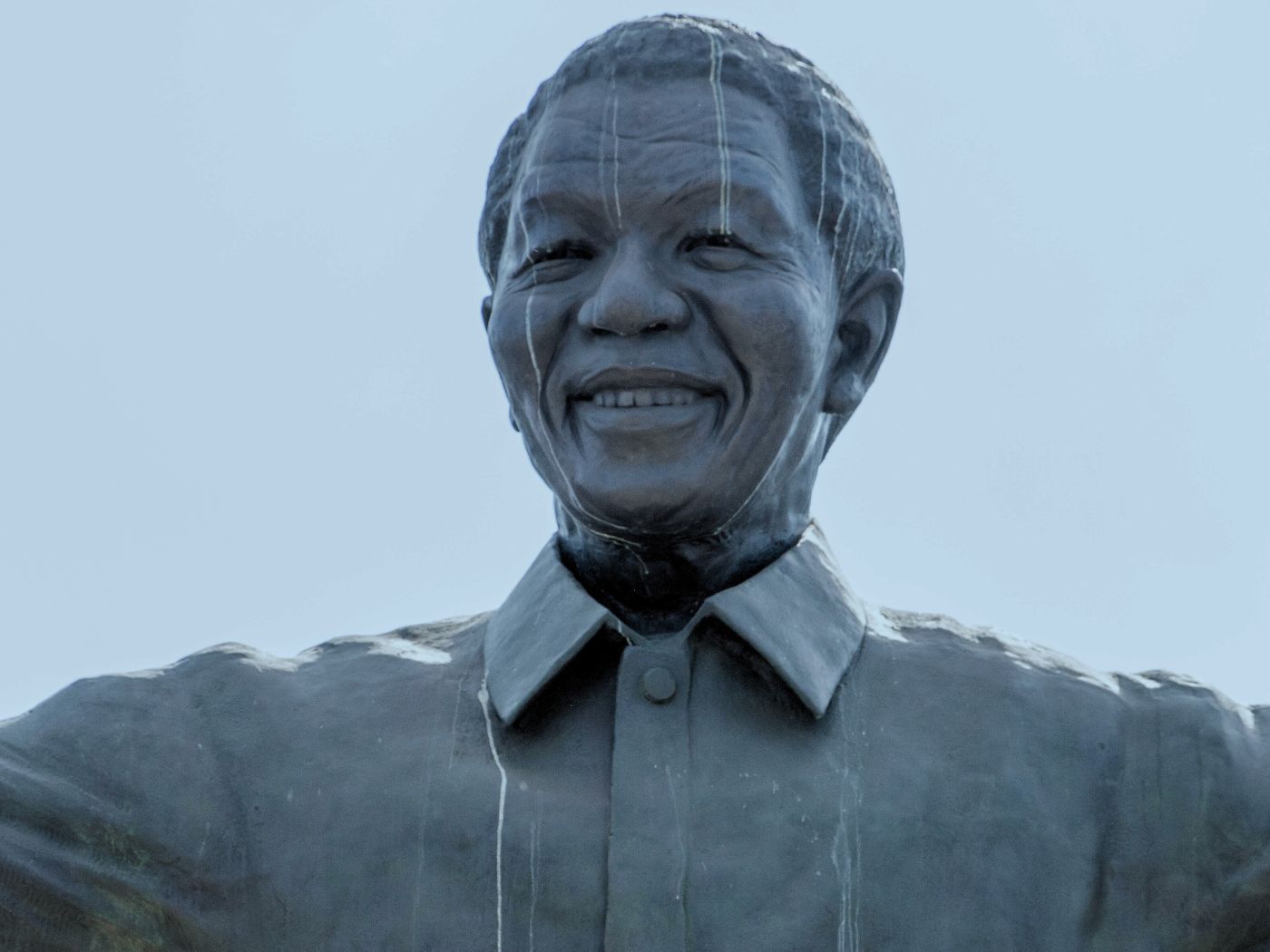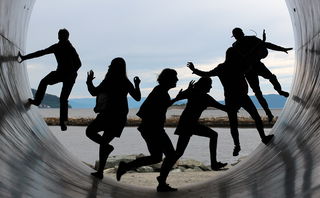- Calendar
- Calendar 2026
- July
- Nelson Mandela International Day
Nelson Mandela International Day
Nelson Mandela International Day also known as Mandela Day is observed annually on July 18 on the birthday of Nelson Mandela, South Africa's first President.
Although not a public holiday in most countries, it is a powerful global reminder to become the change we wish to see in the world.
This day honors the life and legacy of a freedom fighter, political prisoner, and international symbol of peace, human rights and justice.

Why July 18 Matters
Even though the United Nations officially declared Nelson Mandela International Day in November 2009, people have been celebrating it way before the UN got involved.
It was the Nelson Mandela Foundation and the 46664 concerts (named after Mandela’s prison number) that first invited the global community to dedicate this day to service.
The idea was to inspire people to dedicate just 67 minutes of their time that represents the 67 years that Mandela spent fighting for social justice.
The Legacy Of Nelson Mandela
Nelson Rolihlahla Mandela, often called Madiba, was a powerful symbol of peace, justice, and freedom.
Born on July 18, 1918, into the Thembu royal family, he grew up in South Africa and became a lawyer.
Early in his life, he joined the African National Congress (ANC) to fight against apartheid, the system where the white minority government treated Black South Africans unfairly and kept them separated.
Mandela was a firm believer in equal rights for all, regardless of race. Although he initially protested non-violently, the government's violence escalated, leading him to help form uMkhonto we Sizwe, a militant group that used sabotage to fight apartheid.
This led to his arrest and a lifetime prison imprisonment in 1964, and he spent 27 years in jail especially on Robben Island and became a symbol of resistance around the world.
In 1990, due to growing pressure and the fear of civil war, President F.W. de Klerk released Mandela.
The two men worked together to end apartheid and create a new, democratic South Africa.
In 1994, Mandela became the first Black president of South Africa, elected in the country’s first fully democratic election.
As president, Mandela pushed for racial reconciliation, bringing together people from all backgrounds.
His government created the Truth and Reconciliation Commission to deal with past human rights abuses.
Even though Mandela had socialist beliefs, his government kept a liberal economic system, while also working on land reform, healthcare, and reducing poverty.
Mandela helped mediate peace efforts internationally and was even secretary-general of the Non-Aligned Movement.
After serving one term, he stepped down in 1999 and was succeeded by Thabo Mbeki.
Mandela then focused on charity work, especially fighting HIV/AIDS and poverty, through the Nelson Mandela Foundation.
Though he faced criticism, some called him a terrorist or said he gave in too easily—Mandela earned huge global respect.
He won more than 250 awards, including the Nobel Peace Prize, and is seen worldwide as a hero of democracy and human rights.
In South Africa, he's deeply honored and often called the “Father of the Nation.”
The Historical Significance of Nelson Mandela International Day
Nelson Mandela International Day is deeply rooted in history, and it not only honors Mandela's birth anniversary but also his life, legacy, and the impact he has left on the world.
It commemorates his extraordinary journey, from a freedom fighter to a political prisoner, and eventually the first democratically elected president of South Africa.
The roots of Nelson Mandela International Day are deeply tied to South Africa's struggle against apartheid. Mandela was a key leader in this fight, facing decades of imprisonment for his resistance to racial oppression and injustice.
His unwavering courage and commitment inspired not just South Africans, but people around the world.
As international campaigns calling for his release intensified in the 1980s, his birthday became a rallying point for global anti-apartheid movements, symbolizing hope and the demand for change.
Following his release in 1990 and South Africa’s transition to democracy, Mandela emerged not just as a national hero, but as a global symbol of reconciliation, peace, and moral leadership.
His legacy was so impactful that in 2009, the United Nations officially designated 18 July as Nelson Mandela International Day.
Rather than just celebrating his life, the day encourages individuals to take 67 minutes of action, one for every year Mandela devoted to public service, to make a positive difference in their communities.
It is not just a tribute to a man, but a call to action, a day that transforms remembrance into real-world impact by promoting service, compassion, and social justice across the globe.
The Nelson Mandela Prize
In 2014, the United Nations established the Nelson Mandela Prize, awarded every five years to individuals who have devoted their lives to the service of humanity. It’s basically the humanitarian version of the Oscars, but with less red carpet, more real impact.
Observing Nelson Mandela International Day
Many organize food and clothing drives to support those in need, while others spend time volunteering at shelters or helping clean up neighborhoods, parks, and other public spaces.
Some choose to support social justice initiatives, raising awareness about human rights and equality.
Educational events and art exhibitions also play a role, giving communities a space to learn, reflect, and express Mandela’s values through creativity.
Others choose to donate to causes that align with his vision of dignity, freedom, and opportunity for all. No matter how big or small, each act of service counts. Mandela Day is about doing something meaningful, something that uplifts others and honors the legacy of a man who spent his life fighting for justice.
When July 18 arrives, it’s a personal invitation to make a difference. Ask yourself, “What will my 67 minutes look like?”, and then go make them count.
Recommended Articles

Other Celebrations
-
Apr 29 Wed
-
May 12 Tue
-
May 15 Fri
-
May 18 Mon
-
Jul 01 Wed
-
Aug 12 Wed

Nelson Mandela International Day - Next years
Sunday, 18 July 2027
Tuesday, 18 July 2028
Wednesday, 18 July 2029











